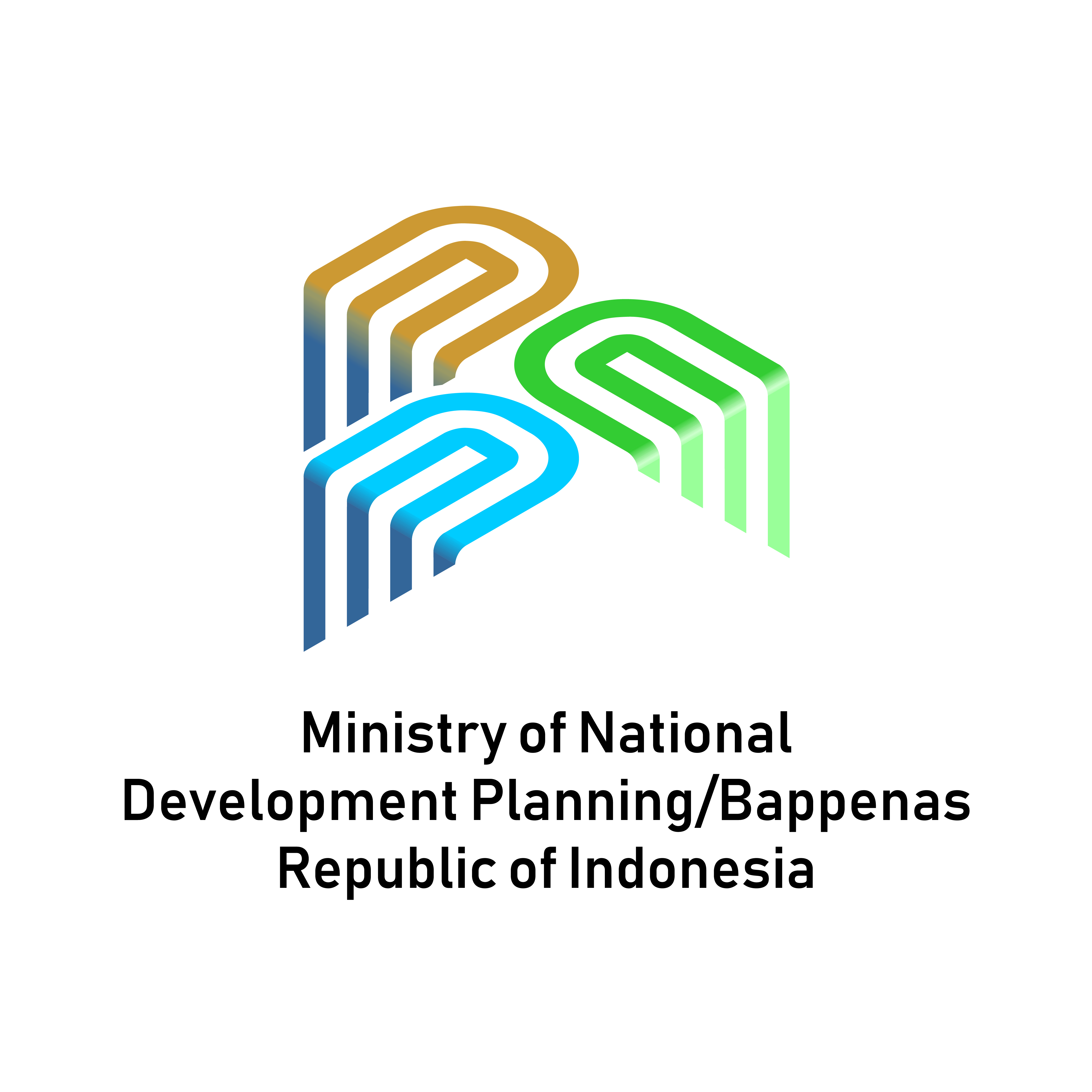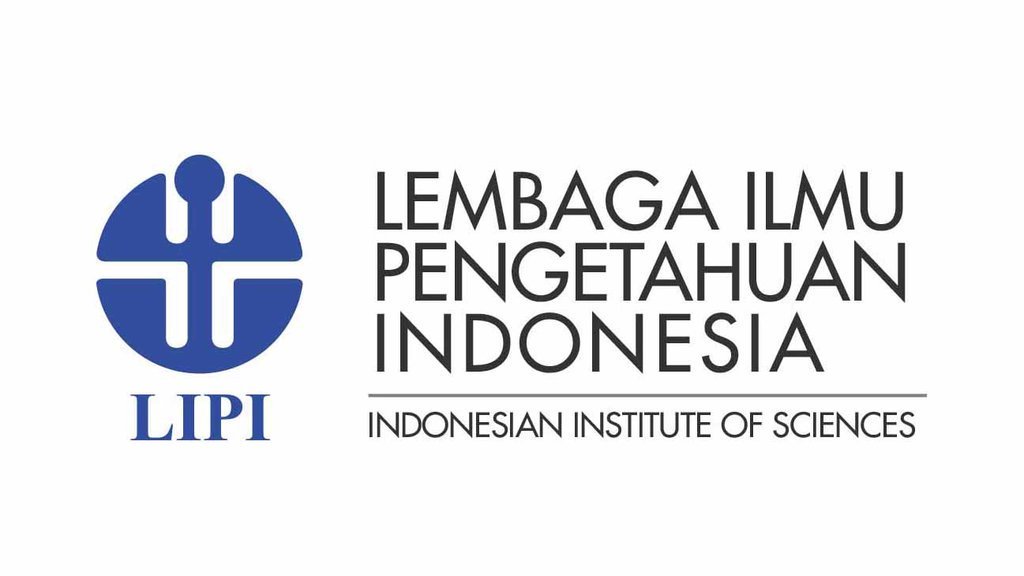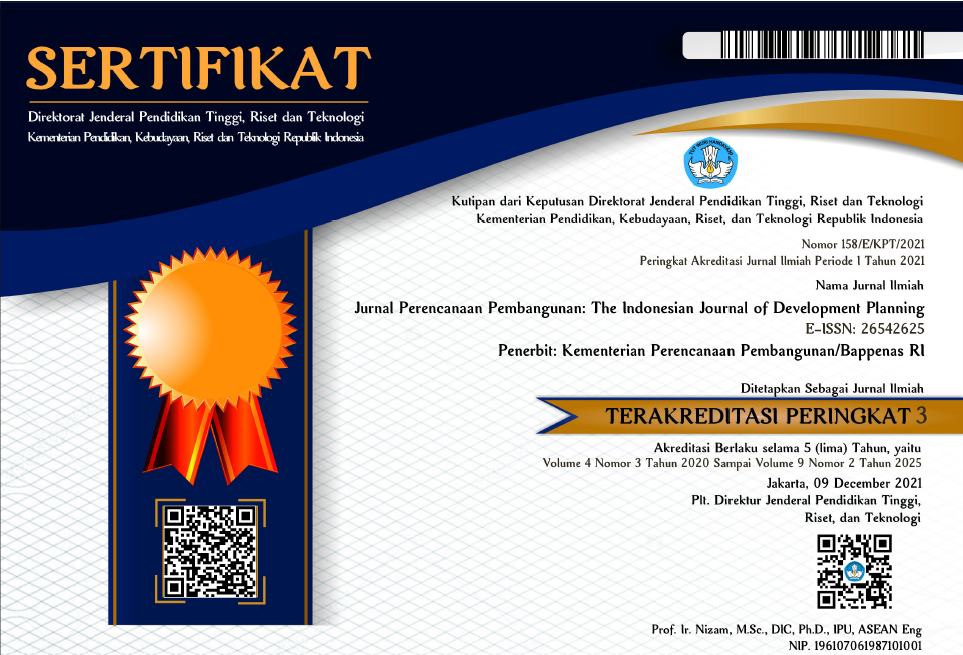Mitigation Task Force for Farmer and Worker in Indonesia: A Collaborative Governance Approach in Tobacco Control
DOI:
https://doi.org/10.36574/jpp.v6i3.287Keywords:
mitigation, tobacco control, collaboration, governanceAbstract
Tobacco control for public health improvement has been mandated as a part of the Indonesian National Medium-Term Development Plan (RPJMN) 2020 – 2024, as Indonesia currently sits among the countries with the highest smoking prevalence. On the other hand, Indonesia's position as one of the largest tobacco producers requires proper mitigation strategies for specific communities directly exposed to the tobacco industry. Hence, solid and adequate intra-sectoral collaboration strategies need to be identified. A formal intra-sectoral collaboration creates a win-win solution for both public health and economic sectors, as witnessed by other countries with appropriate government collaboration formulation. This study aims to identify a suitable collaborative governance model for providing mitigation strategies for tobacco farmers and tobacco industry workers. This research investigates the feasibility and environment scanning through a qualitative approach. The data collection was conducted through four series of semi-structured focused group discussions with key policymakers, complemented with secondary data analysis. The Task Force model is the most suitable mitigation initiative for tobacco farmers and cigarette industry workers. It is also more manageable in terms of regulation since it needs minimum regulatory requirements. The task force model also enables more substantial synergies between the central and local governments. However, strong coordination, between-sectoral sentiments, and the need for strong political will remain challenges for the task force implementation.
Downloads
References
Agranoff, R., & McGuire, M. (2003). Collaborative public management: New strategies for local government. Washington D.C: Georgetown University Press.
Agranoff, Robert, and Michael McGuire. (1997). Multi-NetworkManagement: Collaboration and the Hollow State in LocalEconomic Policy. Indiana University–Bloomington, unpub-lished manuscript.
Agranoff, Robert. (1992). Intergovernmental Policymaking: Transitionsand New Paradigms. Indiana University–Bloomington andFundacion Ortega, y Gasset, unpublished manuscript.
Agranoff, Robert. (1997). Partnerships in Public Management: Rural En-terprise Alliances. Indiana University–Bloomington andFundacion Ortega, y Gasset, unpublished manuscript
Ansell, C., & Gash, A. (2007). Collaborative governance in theory and practice. Journal of Public Administration Research and Theory, 543-571.
Barraclough, S., & Morrow, M. (2010). The political economy of tobacco and poverty alleviation in Southeast Asia: contradictions in the role of the state. Global Health Promotion, 17(1_suppl), 40-50. https://doi.org/10.1177/1757975909358243
Bonilla-Chacín, M. E. (2013). Promoting Healthy Living in Latin America and the Caribbean: Governance of Multisectoral Activities to Prevent Risk Factors for Noncommunicable Diseases. https://doi.org/10.1596/978-1-4648-0016-0
Bump, J. B., & Reich, M. R. (2012). Political economy analysis for tobacco control in low- and middle-income countries. Health Policy and Planning, 28(2), 123-133. https://doi.org/10.1093/heapol/czs049
Chatterjee, N., Patil, D., Kadam, R., & Fernandes, G. (2017). The Tobacco-Free Village Program: Helping Rural Areas Implement and Achieve Goals of Tobacco Control Policies in India. Global Health: Science and Practice, 5(3), 476-485. https://doi.org/10.9745/ghsp-d-17-00064
Emerson, K., Nabatchi, T., & Balogh, S. (2012). An integrative framework for collaborative governance. Journal of Public Administration Research and Theory, 22(1), 1-29.
Fallin, A., & Glantz, S. A. (2015). Tobacco-Control Policies in Tobacco-Growing States: Where Tobacco Was King. Milbank Quarterly, 93(2), 319-358. https://doi.org/10.1111/1468-0009.12124
Feyerherm, Anne E. (1995). Changing and Converging Mind-Setsof Participants During Collaborative Environmental Rulemaking: Two Negotiated Regulation Case Studies. Researching Corporate Social Performance and Policy Supplement 1:231–57
Huxham, C. (1996). Creating collaborative advantage. London: SAGE.
Keast, Robyn, Mandell, Myrna, Brown, Kerry, & Woolcock, Geoffrey (2004) Network Structures: Working Differently and Changing Expectations. Public Administration Review, 64(3), pp. 363-371.
Kramer, E., Ahsan, A., & Rees, V. W. (2021). Policy incoherence and tobacco control in Indonesia: an analysis of the national tobacco-related policy mix. Tobacco Control.
Mandell, M., & Steelman, T. (2003). Understanding what can be accomplished through interorganizational innovations the importance of typologies, context, and management strategies. Public Management Review, 197-224.
Mandell, Myrna P., and Robert W. Gage, eds. (1988). Special Sym-posium: Management in the Intergovernmental System: Networks and Strategies. International Journal of Public Admin-istration 11(4): 1–526.
Mandell, Myrna. (1994). Managing Interdependencies through ProgramStructures: A Revised Paradigm. American Review of PublicAdministration 24(1): 99–121
Small, Roy. (2021). Tobacco Control Governance: WHO FCTC Articles 5.1 and 5.2a. UNDP
Sullivan, H., & Skelcher, C. (2002). Working Across Boundaries: Collaboration in Public Services. Macmillan International Higher Education.
UNDP. (2019). The Case for Investing in WHO FCTC Implementation in Sri Lanka. U. N. D. Programme.
Downloads
Published
How to Cite
Issue
Section
License
This is an open-access article distributed under the terms of the Creative Commons Attribution-NonCommercial-ShareAlike 4.0 International License. Copyright © Kementerian PPN/Bappenas RI


















